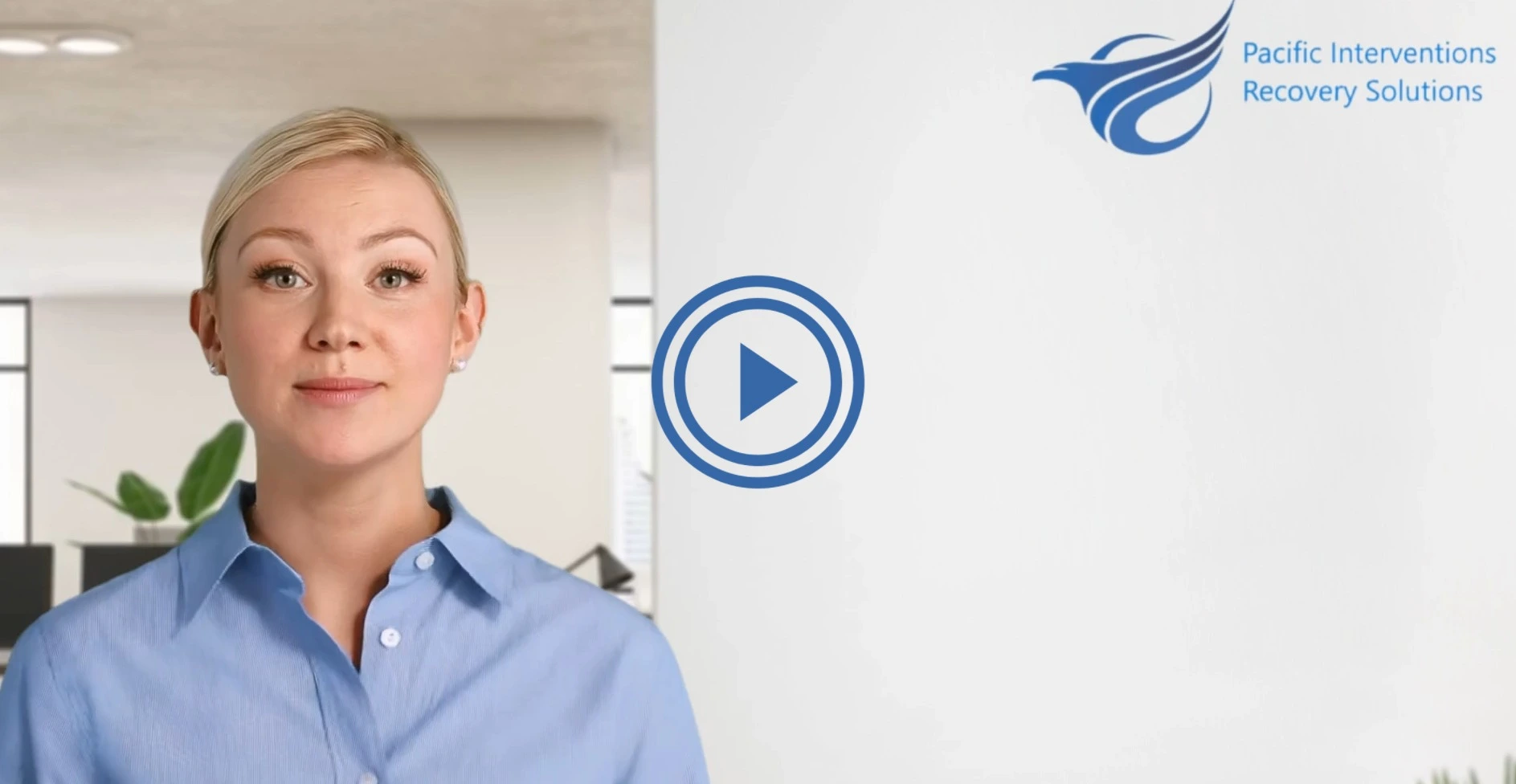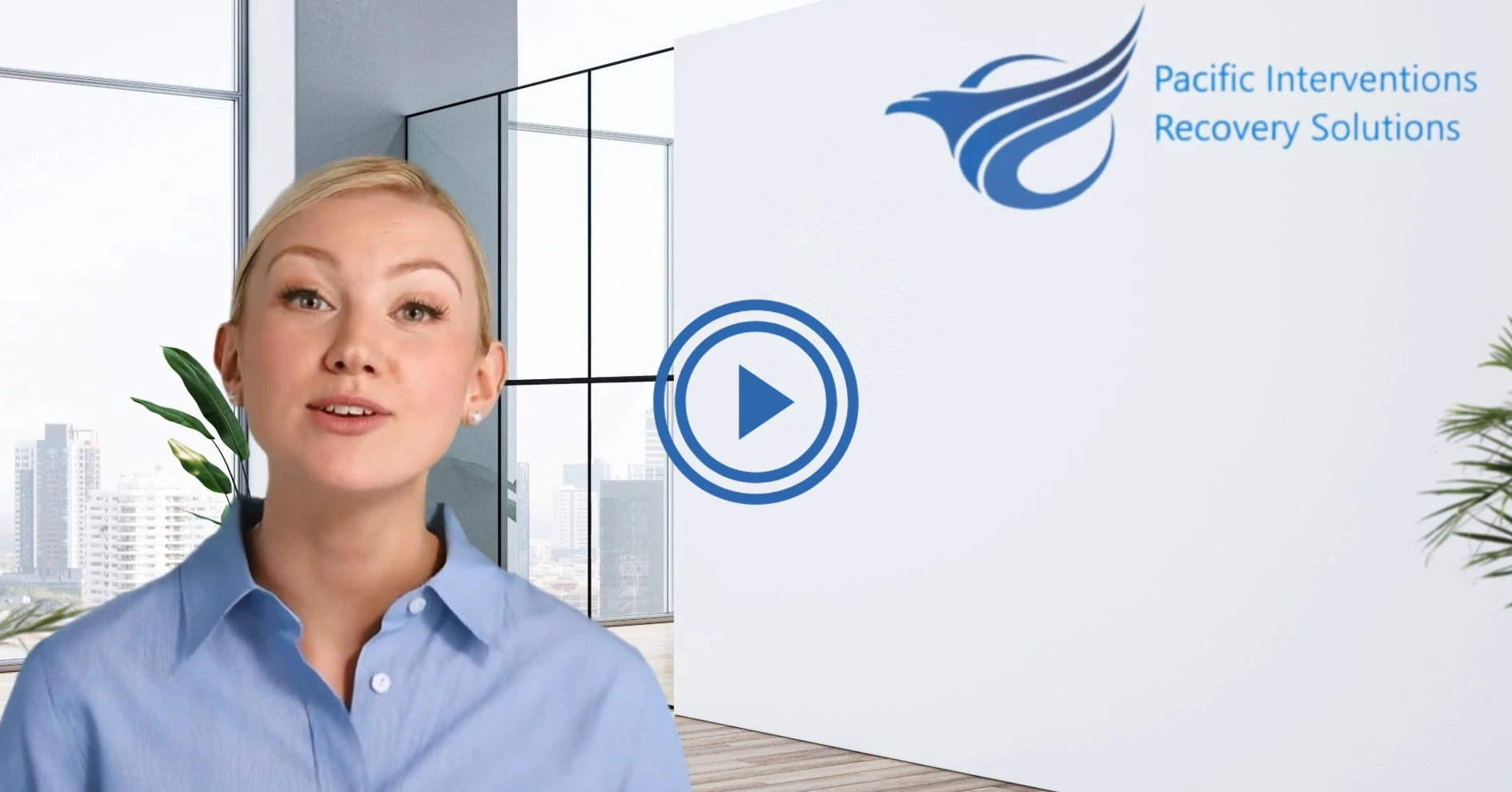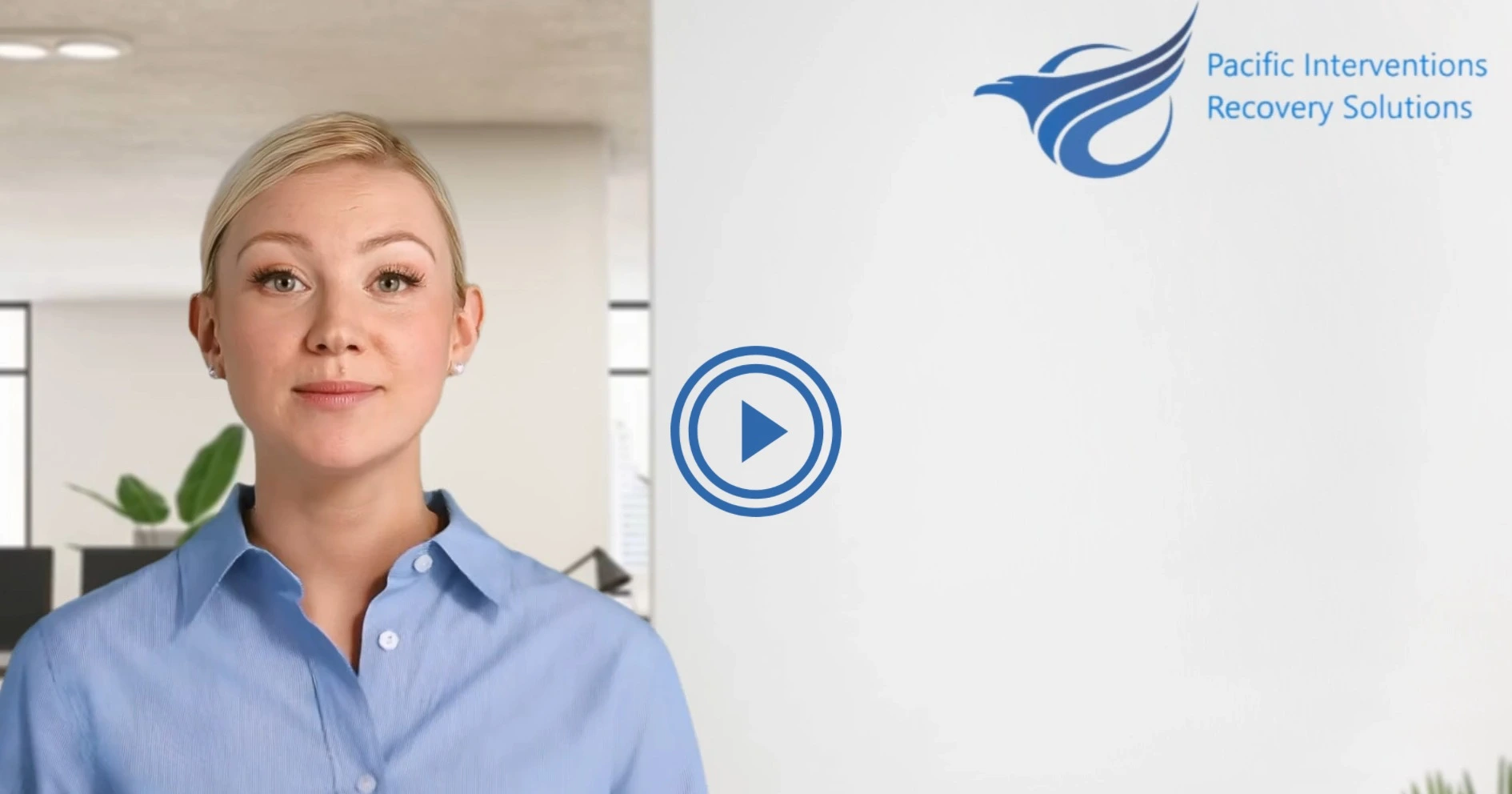What Is Mindfulness and How Can It Help with Addiction Recovery?
If you’ve ever asked yourself, what is mindfulness?, you’re not alone. It’s a word that gets used often, but its meaning—and especially its role in addiction recovery—isn’t always clear. Mindfulness is the practice of paying attention to the present moment without judgment. For people in recovery from alcohol or drug addiction, it can be a powerful tool for reducing stress, managing cravings, and staying grounded.

Why Mindfulness Matters in Recovery
Recovery is a lifelong journey. Many people start strong but later feel like they’re “just going through the motions.” Enthusiasm fades, stress builds, and old habits may try to creep back in. This is when mindfulness can make a difference.
Practicing mindfulness allows you to pause, reset, and focus on the present moment instead of getting lost in regrets about the past or fears about the future. For those who have struggled with addiction, this shift in perspective helps reduce triggers and creates space for healthier choices.
What Is Mindfulness, Really?
At its core, mindfulness means paying attention—fully and intentionally—to what you’re experiencing right now. That could be your breath, the way your body feels, or even the thoughts that pass through your mind. Instead of reacting automatically, mindfulness helps you observe without judgment.
Modern research shows that mindfulness can reshape the brain, lowering anxiety, improving mood, and strengthening self-control. For people in addiction treatment or alcohol recovery, this practice is especially valuable. It teaches you to respond to stress in healthier ways instead of turning to substances.

The Link Between Mindfulness and Meditation
Mindfulness and meditation often go hand in hand. Meditation is a structured practice, usually done by sitting quietly and focusing on the breath, body sensations, or thoughts. Mindfulness, on the other hand, can be practiced anywhere—while eating, walking, or even doing chores.
Both approaches train your mind to slow down, stay present, and break free from destructive thought patterns that fuel addiction.
Five Mindfulness Practices to Support Recovery
Be Present: Most of us spend our time distracted—thinking about yesterday or worrying about tomorrow. Mindfulness brings you back to now, where real life happens. This shift is especially helpful in recovery, where living in the moment reduces stress and prevents relapse.
Focus on Breathing: Conscious breathing is one of the easiest ways to calm the nervous system. By taking slow, deep breaths, you create space between stress and your response, helping you make healthier choices.
See Thoughts as Thoughts: Mindfulness teaches you that a thought isn’t always reality. By noticing negative self-talk without believing it, you gain freedom from harmful patterns like “I’ll never change” or “I’m not good enough.”
Practice Compassion: Addiction often isolates people. Mindfulness builds connection by reminding us that others share the same fears and hopes. Practicing empathy and compassion strengthens relationships, which are vital in recovery.
Find Stillness: In recovery, life can feel busy and overwhelming. Stillness—whether through meditation, yoga, or simply sitting quietly—allows you to recharge and find clarity.

Bringing Mindfulness into Daily Recovery
If you’re wondering what is mindfulness in practical terms, it’s simply remembering to pause and notice life as it happens. With regular practice, mindfulness reduces stress, helps manage cravings, and strengthens long-term sobriety.
At Pacific Interventions, we encourage clients to explore mindfulness alongside traditional treatment. By combining evidence-based therapies with holistic practices, recovery becomes not just about abstaining from substances but about building a healthier, more balanced life.





